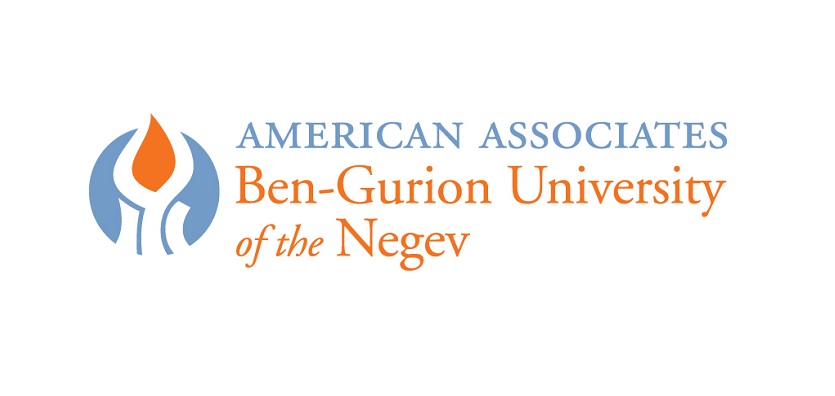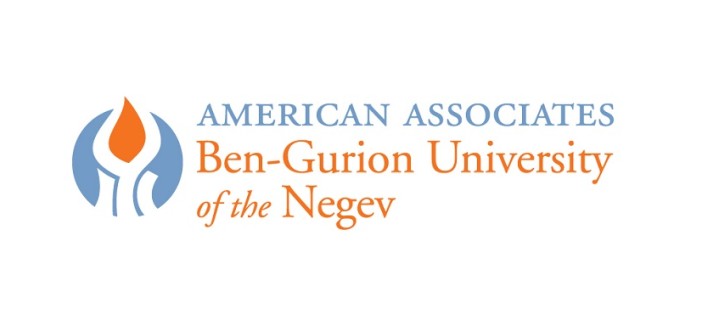
The New Software can be Used for Various Applications Including Facial Recognition for Security and Augmented Reality
 Ben-Gurion University of the Negev (BGU) researchers have developed Light Invariant Video Imaging (LIVI) software technology that will significantly improve picture clarity in sub-optimal lighting and enhance object recognition.
Ben-Gurion University of the Negev (BGU) researchers have developed Light Invariant Video Imaging (LIVI) software technology that will significantly improve picture clarity in sub-optimal lighting and enhance object recognition.
The new software will enhance many smart camera applications, including facial recognition for security and augmented reality.
LIVI increases camera functionality eliminating the effects of background or dynamic lighting conditions, thereby delivering shadow-free images with constant color output and improved contrast. The software relies on amplitude-modulated (AM) light separation, similar, in principle, to AM radio communication. This enables cameras to separate the influence of a modulated light from unwanted light sources in the scene, causing the AM video camera frame to appear the same, independent of the light conditions in which it was taken. Click here for the video demonstration.
“Strong background light creates shadows, for example when people walk into buildings, interfering with the ability of our eyes and cameras to recognize faces,” said Prof. Hugo Guterman, from the Department of Electrical and Computer Engineering, and head of the BGU Laboratory of Autonomous Robotics. “Our invention produces a ‘flash’ effect that clears the backlight, removes shadows and improves contrast, making all captured frames much clearer. “
The technology has numerous applications, including smart security cameras and cellphones as well as facial recognition, augmented reality, video games and military use.
Amir Kolaman, a Ph.D. student in the BGU Department of Electrical and Computer Engineering, was working on his thesis on underwater photography when the issue of backlight arose. Together with Prof. Guterman, she developed the system that filters out the backlight for each pixel in the image, much the same way that a radio receiver filters one station from another. “Light intensity can be modulated at different frequencies just like in radio waves,” Kolman says. “We turn each camera pixel into an AM receiver that tunes to the flash light and filters out the background lights from the output frames.”
According to Netta Cohen, CEO of BGN Technologies, “this is a perfect example of a technology developed in BGU labs that addresses real market needs, is inexpensive to produce and can be easily incorporated into many devices. BGN Technologies is now seeking a partner for the further development and commercialization of this breakthrough technology.
The video analytics market is most likely the first market in which the technology will be integrated, since robust camera frames improve performance of facial recognition and identification. The global video analytics market is projected to reach $11.17 billion by 2022 according to a Markets and Markets report published in April 2017.
The recreational smartphone market represents another major opportunity, as more smartphones become equipped with facial recognition security. The worldwide smartphone market reached approximately 1.53 billion units in 2017, according to an IDC report published in March 2017.
About BGN Technologies
BGN Technologies is the technology transfer company of Ben-Gurion University, Israel. BGN Technologies brings technological innovations from the lab to the market and fosters research collaborations and entrepreneurship among researchers and students. To date, BGN Technologies has established over 100 startup companies in the fields of biotech, hi-tech and cleantech as well as initiated leading technology hubs, incubators and accelerators. Over the past decade, BGN Technologies has focused on creating long-term partnerships with multinational corporations such as Deutsche Telekom, Dell-EMC and Adama, securing value and growth for Ben-Gurion University as well as the Negev region. For more information, visit the BGN Technologies website.
About American Associates, Ben-Gurion University of the Negev
American Associates, Ben-Gurion University of the Negev (AABGU) plays a vital role in sustaining David Ben-Gurion’s vision: creating a world-class institution of education and research in the Israeli desert, nurturing the Negev community and sharing the University’s expertise locally and around the globe. As Ben-Gurion University of the Negev (BGU) looks ahead to turning 50 in 2020, AABGU imagines a future that goes beyond the walls of academia. It is a future where BGU invents a new world and inspires a vision for a stronger Israel and its next generation of leaders. Together with supporters, AABGU will help the University foster excellence in teaching, research and outreach to the communities of the Negev for the next 50 years and beyond. Visit vision.aabgu.org to learn more.
AABGU, which is headquartered in Manhattan, has nine regional offices throughout the United States. For more information, visit www.aabgu.org.





